Criticism
A German radio station once referred to Casetti as “Switzerland’s best-known exorcist”. Casetti himself often defended the concept of exorcism from criticism both inside and outside the church from people who said that the practice was reactionary. Invoking the devil has always been a means for arch-conservatives to enforce their controlling, archaic brand of Catholicism, said a Lucerne-based theologian on Swiss television in 2017. Psychiatric specialists warned that there was a risk of worshippers refusing proven therapies to treat mental illness.
Casetti did not agree. A priest may only begin to consider exorcism once they can ascertain that the person in question is not merely suffering from an ailment, he explained. Casetti also rejected the “archaic” label. Exorcisms of “demonic powers” have been necessary throughout history, he said, adding that Jesus himself was a “healer and deliverer”. He claimed that he received dozens of inquiries from people every month who thought they were possessed by evil spirits. And these inquiries not only came from within the diocese – many people from Germany contacted him too.
“In our experience, people who believe they are plagued by evil spirits and turn to the church for help are much better off receiving spiritual guidance than any sort of exorcism.”
Georg Schmid
Religious expert
Experts welcome abolition
According to religious expert Georg Schmid, the diocese of Chur was a magnet for people in the Germanspeaking world who were looking for an exorcist. He once called Chur an “exorcism hot spot”. Schmid runs the Relinfo centre near Zurich, which advises people of all faiths. In Relinfo’s view, Chur officially calling time on exorcism is to be welcomed. “In our experience, people who believe they are plagued by evil spirits and turn to the church for help are much better off receiving spiritual guidance than any sort of exorcism.”
Relinfo has been fielding an increasing number of inquiries in recent years regarding exorcism – or “deliverance”, as the practice is also called. Schmid says this increase is partially down to immigration from countries in which people have an ingrained belief in evil spirits. However, Pentecostal/Charismatic churches in Switzerland also perform deliverances, as does a Salvation Army officer in the canton of Zurich, whose services have become very popular. The practice of expelling evil spirits, known as “ruqya”, plays a role in some forms of Islam. People also perform ruqya in Switzerland, according to Schmid. Then there is the boom in esoteric and neo-shamanic rituals aimed at driving evil spirits from people’s homes, he adds.
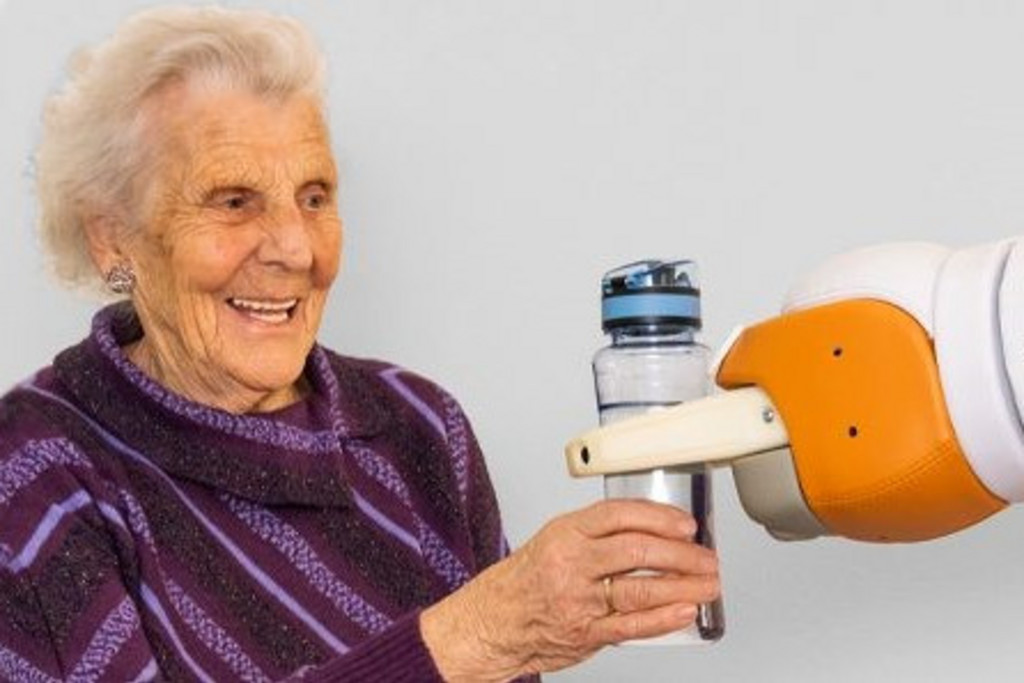

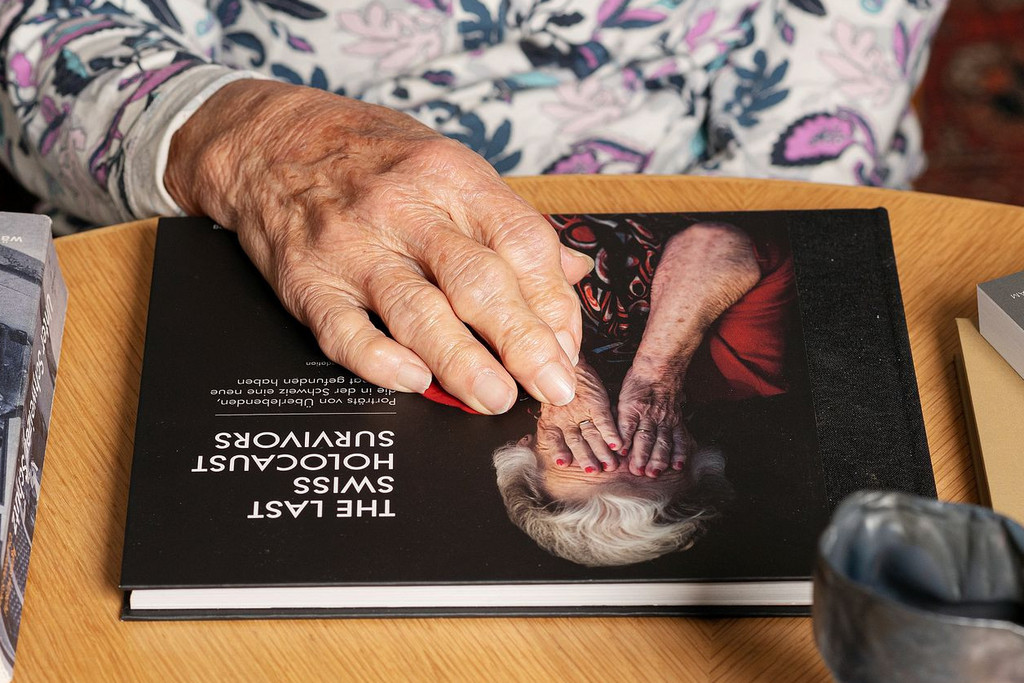
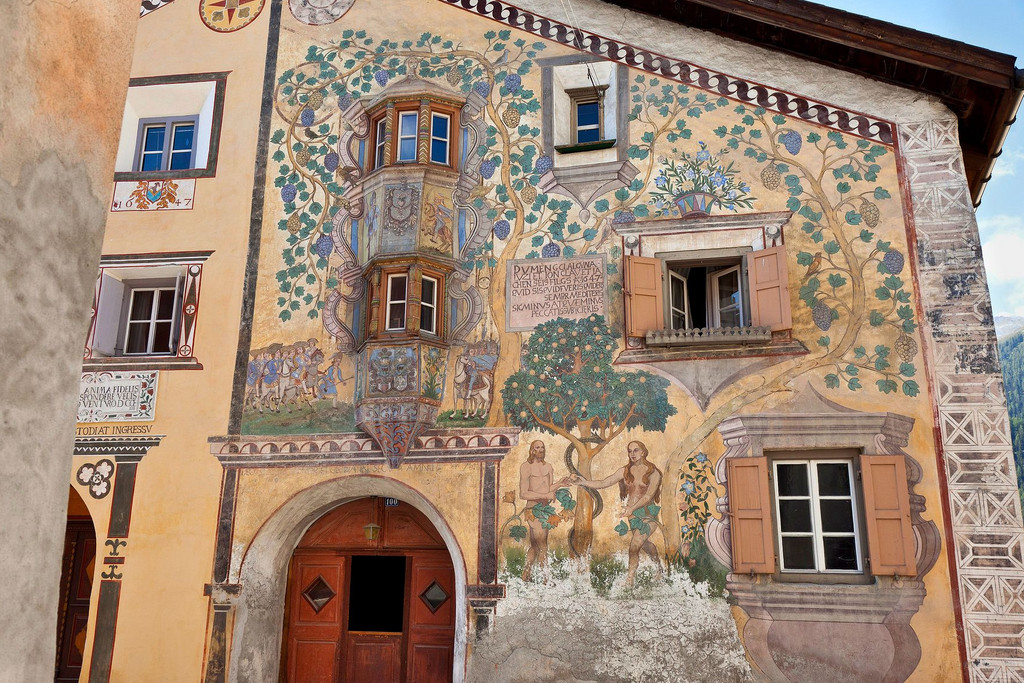
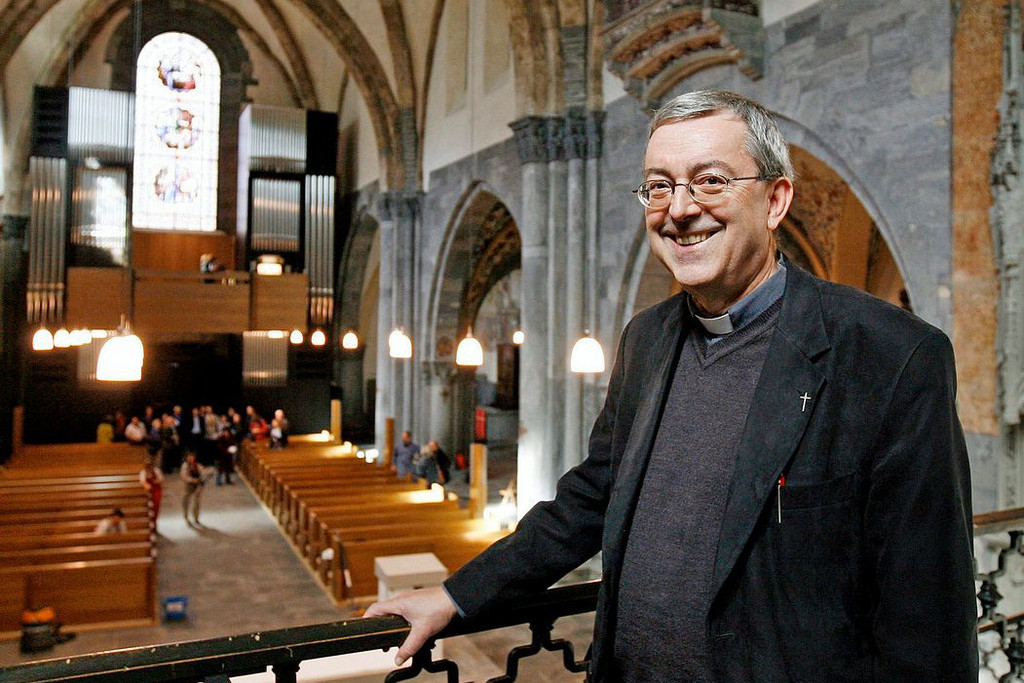
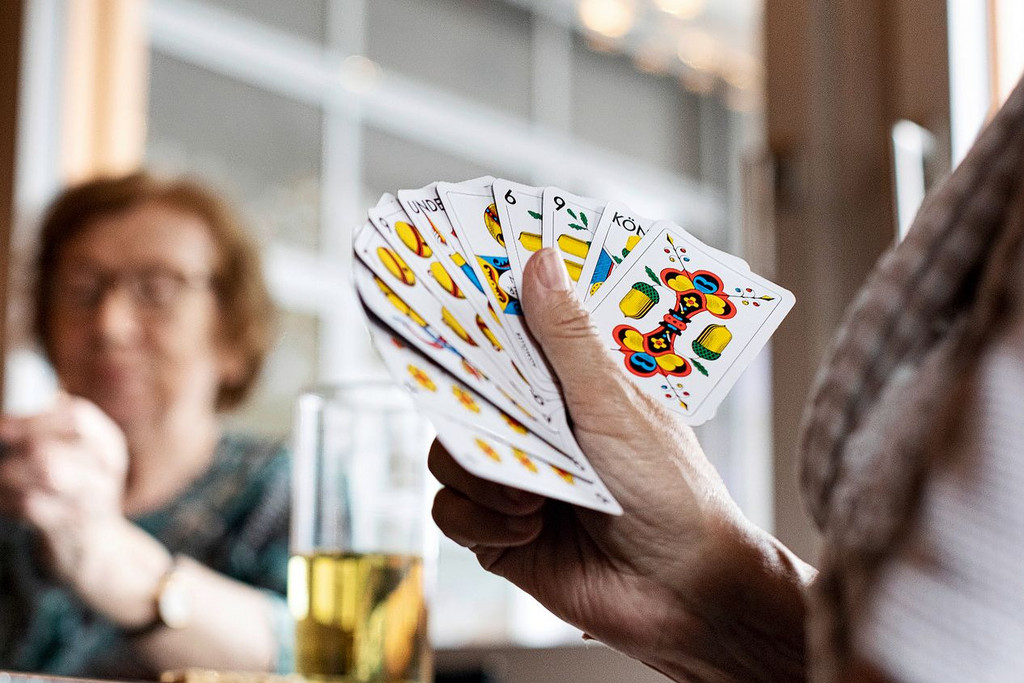





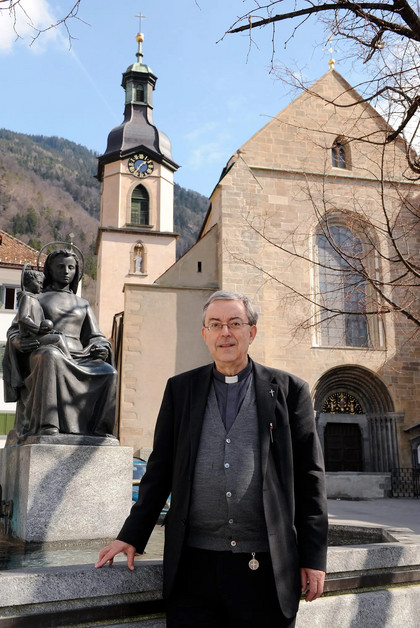
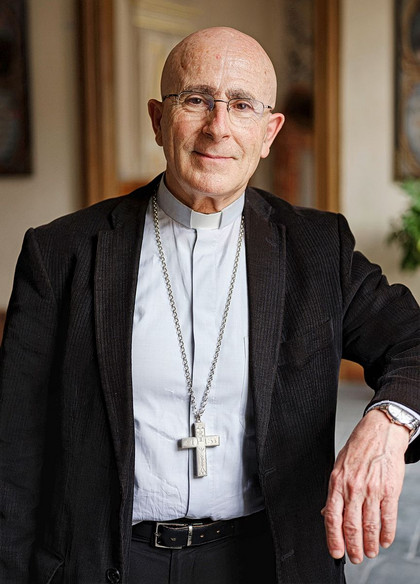
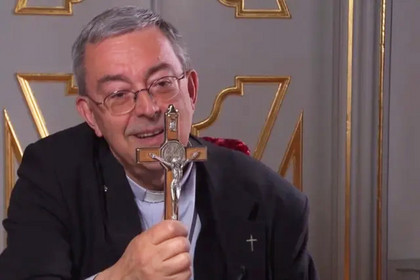
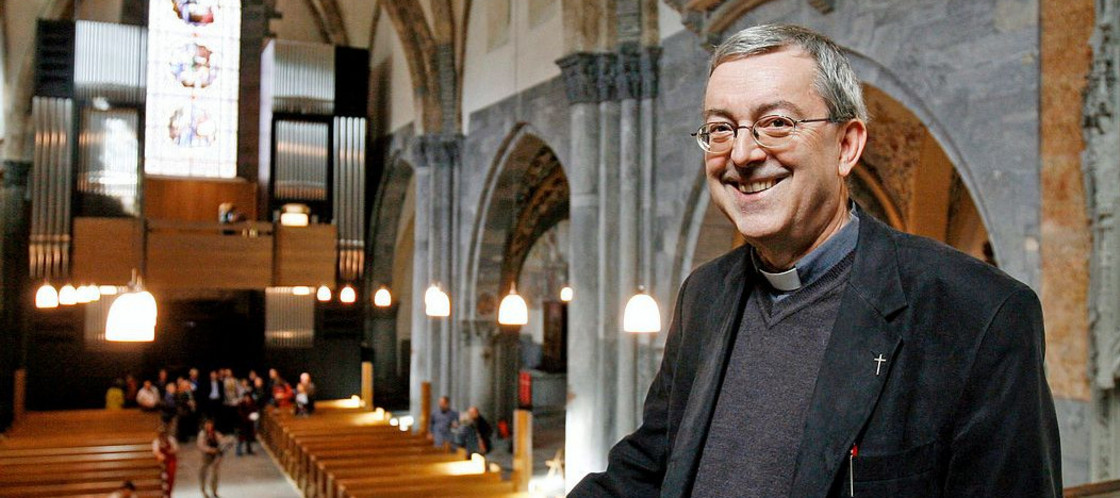
Comments
Comments :
J'ai beaucoup aimé ce numéro très équilibré avec une grande diversité de rubriques présentées de manière très claire. Bravo!
J'ai été désolée à la lecture de l'article sur la suppression du poste d'exorciste dans le diocèse de Coire.
Il n'y a, en effet, pas de quoi se réjouir que ce service incomparable n'ait volontairement pas été pourvu. Ceux à qui reviennent la responsabilité de permettre ce puissant moyen de lutte contre le mal seraient-ils tombés dans le panneau décrit par Charles Baudelaire (qu'on ne peut pas soupçonner de traditionalisme!): "Le plus grand piège du diable est de faire croire qu'il n'existe pas."?
Votre article lui-même rappelle qu'un prêtre n'a le droit d'envisager un exorciste que s'il est mandaté spécialement pour cela, et lorsque toute autre maladie est exclue. L'exorcisme a donc toute sa raison d'être, et est irremplaçable. Vous en mentionnez vous-même la preuve lorsque vous relevez "le boom des offres ésotériques ou néochamaniques" qui prétendent remplacer les exorcismes... mais qui ne parviennent qu'à déplacer ou empirer le mal... et à remplir les poches de ceux qui le pratiquent.
Spannende Lektüre. Ganz besonders spannend zu sehen, wie die Redaktion den Begriff "Befreiungsdienste" anstatt Exorzismus benutzt. Fast bekomme ich den Eindruck, sie tue dies, um die Brisanz der Thematik abzuschwächen. Natürlich haben auch christliche Freikirchen und gewisse Islamische Glaubensrichtungen Exorzisten in ihren Reihen. Meiner Meinung nach ist es aber eine ganz andere Geschichte, wenn solche Umtriebe in einer aus Steuergeldern mitfinanzierten Kirche stattfinden. Auch scheint es für mich als Laiin ein Unterschied zu sein, ob ein Schamane (oder Ähnliches) eine "Geistaustreibung" an einem Ort durchführt oder an einem seelisch instabilen Menschen. Somit sind diese Vergleiche im Artikel für mich nicht ganz nachvollziehbar. Ich bedauere ausserordentlich, dass die "Schweiezr Revue" diese so unkritisch übernimmt.
Chasseur de démons, façon Diablo III
Papst Paul VI sagte deutlich, der Rauch Satans ist bis in die Spitze der Kirche gedrungen. Nur ein gläebiger gültig geweihter Priester kann durch die Macht des Heiligen Geist den Teufel austreiben. Jetzt wurde es abgeschafft, weil keiner mehr daran glaubt. Der Teufels freuts.
"Les exorcismes servent à délivrer les gens du Mal et d’une supposée possession démoniaque. En dépit des Lumières, ils existent encore, y compris dans une Suisse toujours plus sécularisée" etc. - Le ton est donné. Le diable n'existe plus, la lumière du Seigneur a été remplacée par les Lumières, dogme incontournable de la religion du Progrès. - "Spécialiste en sciences religieuses"... incroyable le nombre d'experts qu'on trouve dans les médias d'aujourd'hu ! - L'évêque de Coire choisit à mon avis un peu trop à la légère ce qui lui plaît dans les vérités de l'Église. - Pauvre Jésus, Il s'est trompé d'époque, s'il était venu à notre époque, Il n'aurait pas eu à se préoccuper de tous ceux qui s'accrochaient à lui, se croyant à tort possédés par des démons.
Très intéressant voire passionnant de constater ces discours parallèles sur les forces du mal pesant sur certains individus. Ce que le commun de mortels appelait jadis les "démons" peuvent être traduits en vibrations, parfaitement identifiables par des instruments (géobiologie) qui vont ajouter aux corps en plus ou en moins d'ondes énergétiques, de la mort à la guérison d'un dysfonctionnement. Pour les Orientaux l'acupuncture. La pensée est une onde qui va du meilleur au pire. Le plus beau exemple de négativité et de nuisance est la magie noire (sic) utilisée en France par les veneurs, une bonne partie des chasseurs, les hauts grades de la franc maçonnerie et comme sésame pour accéder et détenir le pouvoir, N. Sarkozy. une nuisance dévastatrice sur l'individu qui reçoit ces émissions dans le but précis de l'éliminer.
Vraiment dommage que cette fonction ait été supprimée, elle était le témoignage de l'esprit, de l'âme et de ses égarements.
Carl Gustav JUNG considérait dès 1910 que notre conscience était extra-corporelle (immatérielle). JUNG s'était brouillé avec Sigmund FREUD à cause de cela ; FREUD, de formation neurologue et matérialiste, considérant que tout se passait dans le cerveau.
La position spiritualiste du psychiatre de Küsnacht (ZH) devrait permettre de concilier médecine et religion.